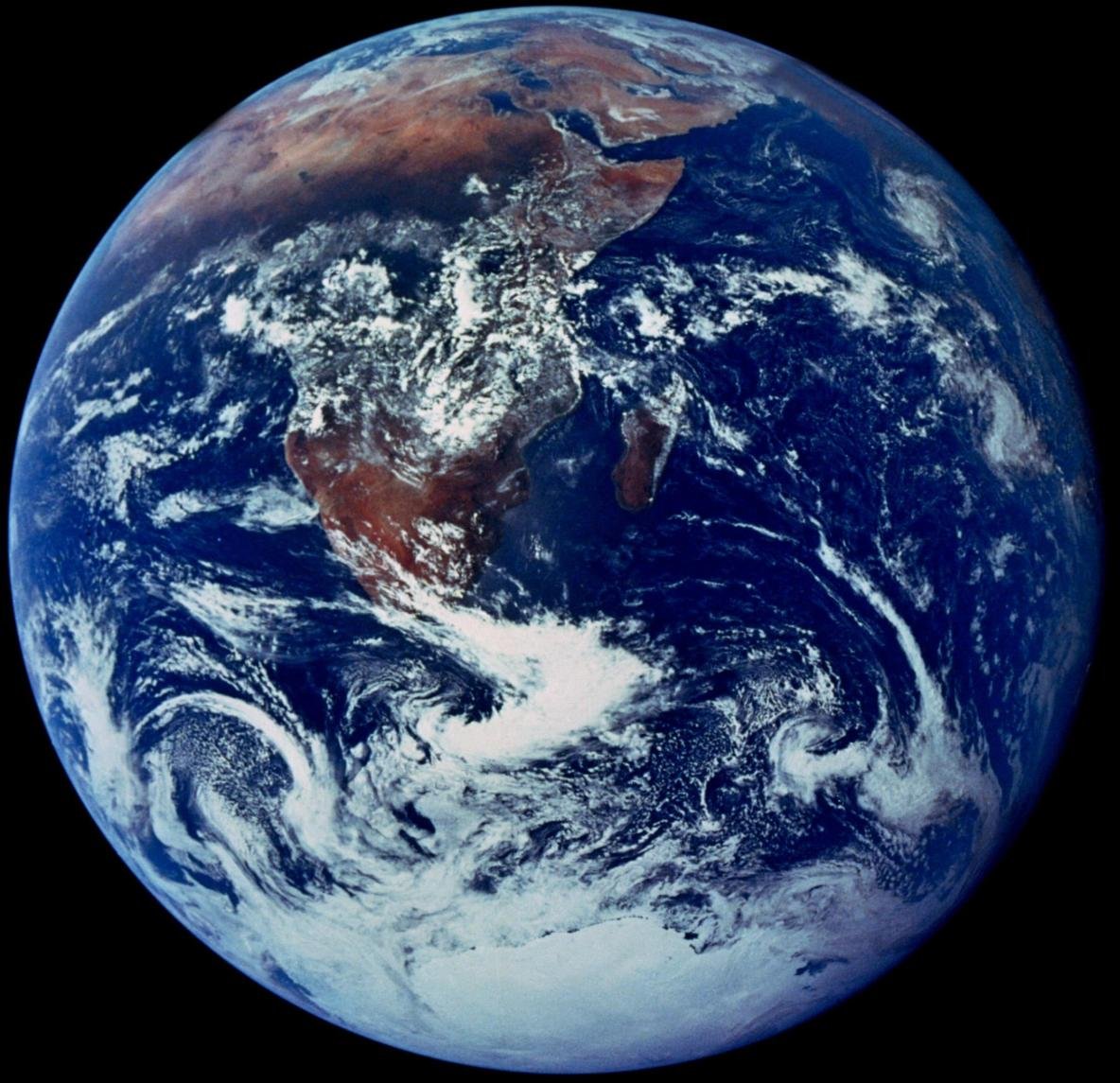Do you have a worldview? Even though you may have never sit down and enunciated what it is, or taken pains to explain it to others, most surely you do have a worldview. In the globalized world where, even the knowledge of distant galaxies is available to the boy on the street, potential for knowledge-based reflection exists in every mind that exceeds any time in history.
The worldview any one of us has will shape the decisions we take. The expanse of our view, and how closely we consider our comprehensive view at the time of interacting with all creation will determine the life we live.
Existing worldviews seem to be pointing to two opposite conclusions, though both move in the same direction at least for a time. The world as it is now, seems to be headed for a change unlike ever before. Not that the world hasn’t changed in the last 100 years after the Great World Wars 1 and 2…those two digits translated into unparalleled sufferings and death. However, the kind of change – the change that would mean the absence of war – has not come about in mankind.
The two worldviews
The history presented in religion, both Eastern and Western and also reflected in folklore around the world speak of a global deluge as judgment from God. The details vary, but that there was a judgment is unmistakably the common theme. The other significant factor we see in existence is the simultaneous existence of different languages. To my mind, these are the two most significant realities in adopting any worldview. Our beliefs, if shared commonly across the world can permit peaceful coexistence. Otherwise, global war threatens to break out again and this time, the damage could be irreparable.
The difference is in seeing the world’s future. Either the worldview presents a picture of continuity despite all that humans do. The other worldview presents a picture of the destruction of the planet and possibly all life on it.
The “persistent existence” (it’s what I call it) worldview will accept the greatest good and evil as a repetitive cycle. The “final war” (Armageddon) worldview will accept evil reaching a peak and then being removed forever. This difference in views has determined how nations have utilized their resources, what ambitions they have followed, and how they have interacted with each other. Surely, the views associated with Abrahamic religions present an entirely different set of actions than those which are based on nature, philosophy, and polytheism. The advent and advancement of science has added and taken away from both opposing worldviews. Often though, science too engages in fantasizing of gloom and doom for the future. Humans have a strange fascination with misery, death, and destruction!
Solomon’s shift in thinking
One interesting observation, that was made by King Solomon – a man loved by the God of Abraham – is noteworthy. (2 Samuel 12:24-25 and 2 Chronicles 1:11) Though he was a king of the Jews, his view toward the end of his own life fits more closely with what we know today as eastern thought. He observed, as recorded in the book of Ecclesiastes: One generation passeth away, and another generation cometh: but the earth abideth forever. (1:4) He correctly understood the transitory nature of man’s existence, but the permanent existence of the earth in contrast.
Seeing the kind of existence Solomon was able to enjoy, and how his reign meant peace and unity for the Israelites and surrounding nations, his worldview is useful to study. Leaders and subjects can benefit alike.
It is of great interest to observe, different people read the same set of recorded scriptures. While some see it as a book of peace and prosperity, others see it as a book of wars, hate and destruction. I believe, in this is seen the wisdom of God. The revealed word of God is powerful and diverse. It extracts from a human or a group of humans what he or she desires. Even during our limited lifetime on earth, though limitations of many kinds exist, we are quite free to pursue benevolent desires. It is my hope, man will himself see the unreasonableness of war and infighting.
Even though the existing environment of hate, if it persists, will surely lead to greater hate, those who desire peace are noticed by the Creator.
Our choice of belief
It is a good thing and one worth recognizing, that we are accountable to the Giver of life. Moses remembered his God as “the God of the spirits of all flesh”. (Numbers 27:16) Yes, he gave life to all creatures – Jews, gentiles, plants, birds, animals, sea creatures and crawling things. Why would he delight in destroying what he made with such love and care! The reason would have to be most significant.
What we understand from the words of the Almighty is that, it is human activity and behavior that is the touchstone. His activity is decisive, has finality, and is swift. Knowing this, He is so patient and does not interfere. When He does, nothing could resist Him – not even all the nation’s combined. To Him, they are like a drop in a bucket, or a film of dust on the scales.
We choose a worldview, one we find peace with. There are explanations in myths, in religions, in science, in philosophy. We must find satisfactory, compelling meaning in our own worldview. And if that view actually contributes to a better world, this is how the Creator will remember us, even if humans do not. On the other hand, a celebrated name among humans is fickle, impermanent, and arbitrary. Making a good name with God has real significance…like it could be said of the boy, Jesus: vs.52 And Jesus grew in wisdom and stature, and in favor with God and man. (Luke 2)
